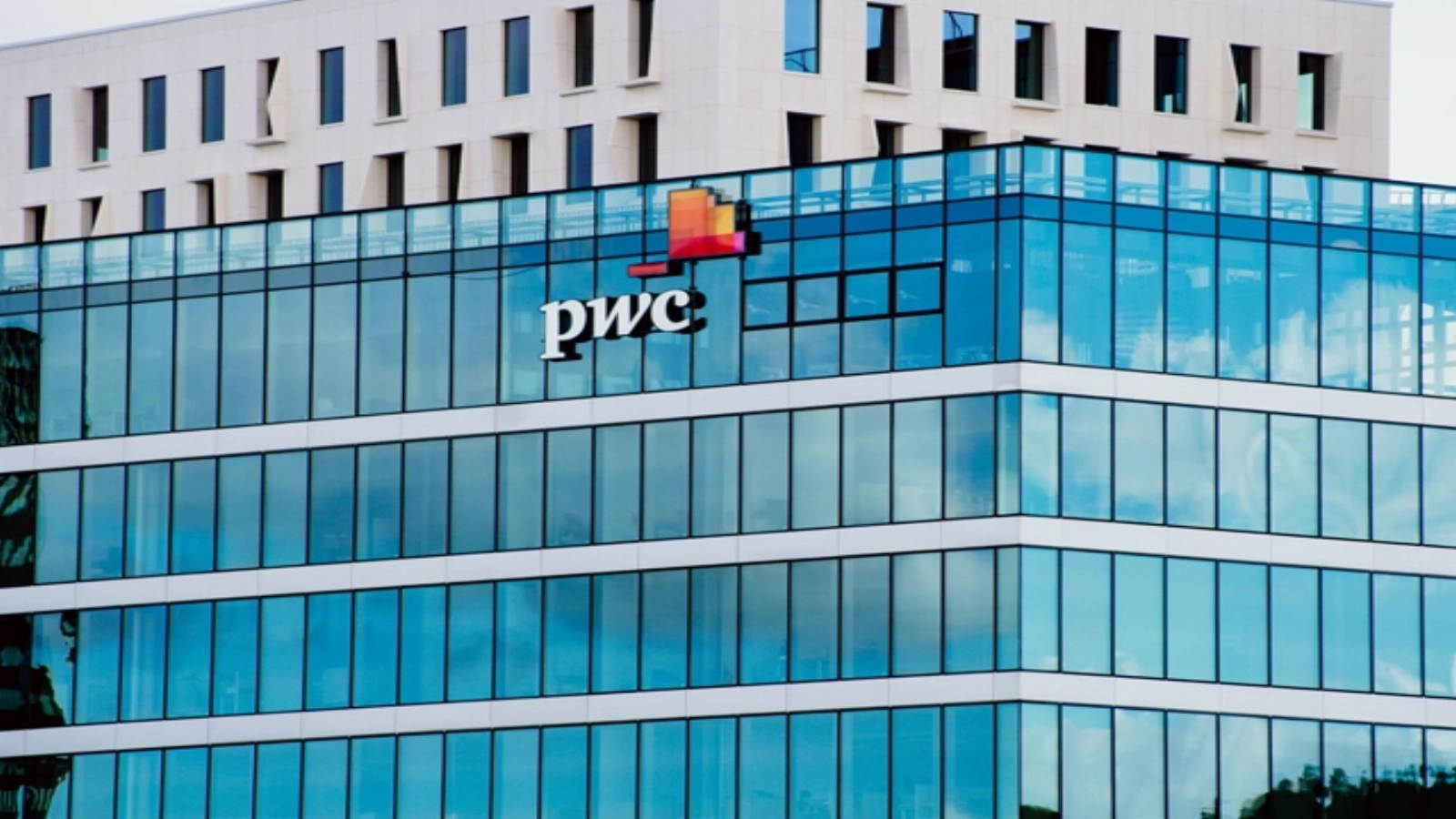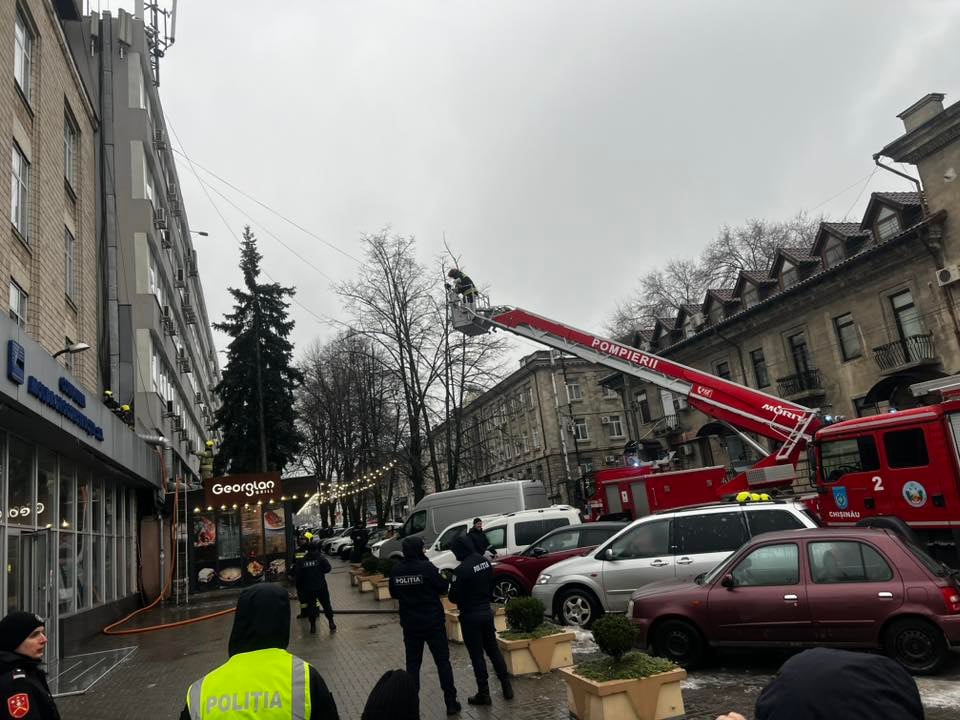The fast delivery services ecosystem has grown significantly over the past five years, with an estimated contribution of RON 2.8 billion in 2023, representing 0.18% of GDP, according to a specialiSed study conducted by PwC Romania.
The research on the impact of the economic ecosystem built around fast delivery platforms on the local economy as a whole was presented on Tuesday at the conference titled "Fast delivery platforms: The engine of economic growth, digitization, and entrepreneurship," organized by the Coalition for the Digital Economy Association at the Palace of Parliament.
According to Dinu Bumbacea, partner at PwC Romania, of the RON 2.8 billion, RON 1.566 billion is the gross added value direct contribution, while RON 1.315 billion represents the gross added value of indirect contributions generated throughout the value chain through the purchase of goods and services from suppliers/service providers and their previous rounds of acquisitions.
In addition, RON 952 million represent contributions to the state budget in the form of taxes and contributions.
The study also shows that approximately 41,000 people work in the fast delivery services ecosystem, of whom about 28,000 are directly involved in fast delivery activities and another 13,000 through jobs supported in the economy.
The authors of the study showed that the fast delivery service ecosystem in Romania has expanded significantly, initially driven by local platforms Oliviera and Foodpanda. The entry of EuCeMananc in 2014 accelerated this development, and in 2015 competition intensified with the launches of hipMenu and Bringo.
In 2018, major international players such as Glovo, UberEats, and JustEat Takeaway entered the market, with the latter two leaving the local market in 2020 and 2022.
Mergers and acquisitions also played an important role in market dynamics, according to the study's authors.
Glovo is one of the most important players on the market, with the largest national presence, offering delivery services in 74 cities in all counties. Glovo is followed by Wolt (formerly Tazz), which operates in 34 counties and 36 cities, and Bringo, available in 32 counties and 34 cities. In contrast, Bolt Food has a limited presence, in only 11 cities in 11 counties.
Present at the conference, Ciprian VAcaru, Secretary of State with the Ministry of Labor, Family, Youth, and Social Solidarity (MMFTSS), said that the ministry is considering transposing a European directive into Romanian law regarding workers and companies operating on fast delivery platforms.
"When it comes to the directive and its transposition into Romanian law, the Ministry of Labor will be responsible for this. We are not talking about an emergency ordinance, but about a draft law that will go through all the normal steps of such an important piece of legislation for workers and companies operating on these platforms," said the secretary of state.
He maintains that the number of fast delivery providers registered on platforms "is growing." "There are at least 200,000, and about 100,000 on alternative transport platforms, plus orders, food, etc. Working through these platforms is no longer just the future, it is the present. The question is not when we will transpose this directive, but how we can best transpose it. We had a first meeting at the ministry with the social partners and the Coalition for the Digital Economy, where we presented a point of view and a project from the Ministry of Labor," the secretary of state emphasised.
According to him, the draft will be published on the Ministry of Labor website for public consultation and will then be submitted to Parliament for debate, having been approved by the Government.
"We need to see how we can protect a regulated market and how we can protect the rights of workers on these platforms. This is precisely what the European directive says," explained Văcaru.
He also said that workers on platforms do not benefit from any social protection.
"Together with the Government and social partners, we must identify the best solutions so that the bill is fair to both sides. It could probably be debated in Parliament at the end of this year," said the secretary of state.
According to him, the draft will be published on the Ministry of Labor website for public consultation and will then be submitted to Parliament for debate, having been approved by the Government.
"We need to see how we can protect a regulated market and how we can protect the rights of workers on these platforms. This is precisely what the European directive says," explained Văcaru.
He also said that the Coalition for the Digital Economy Association organized a conference on Tuesday at the Palace of Parliament on the theme "Fast delivery platforms: The engine of economic growth, digitization, and entrepreneurship."
The event was also attended by Vice President of the Senate Mihai Cotet, President of the Coalition for the Digital Economy Catalin Codreanu, Vice President of the Budget Committee of the Chamber of Deputies Ionel Bogdan, Vice President of the Entrepreneurship and Tourism Committee of the Chamber of Deputies Claudiu Nasui, President of IMM Romania Florin Jianu, Secretary of State in the Government Cristian Seidler, and Valentin Soneriu, president of the Federation of Hospitality Industry Employers.
The Vice-President of the European Parliament, Victor Negrescu, sent a video message.
The Coalition for the Digital Economy Association is an independent organization representing the main operators of alternative transport digital platforms, Bolt, Lime, and Uber, as well as the main digital platforms for food and other goods delivery, Bringo, Bolt Food, Glovo, and Wolt.
































Comentează